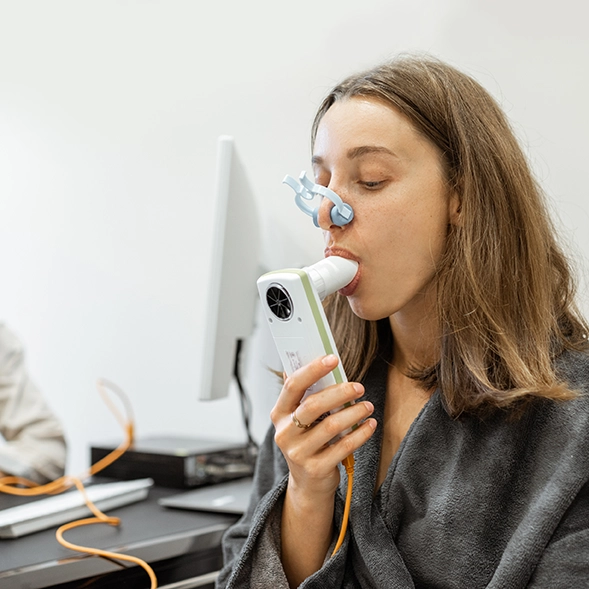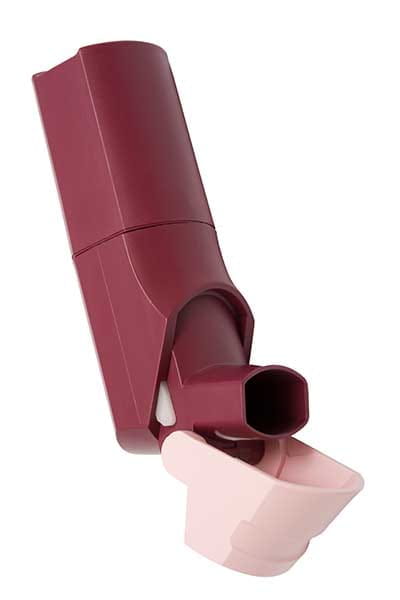The study aimed to compare the outcomes of asthma patients enrolled in a digital self-management platform (DP) alone versus those enrolled in DP with access to a therapeutic resource center (DP+TRC) over six months. DP included medication sensors for inhaler usage and a patient app for reminders, education, and feedback. TRC provided access to virtual clinical pharmacists for patient support and data access through a web dashboard. Controller adherence, short-acting beta-agonist (SABA) use, and program retention were evaluated among initially uncontrolled patients. The study involved 21,936 patients with a DP for asthma management, with a mean age of 33. Among them, 89.9% initially had uncontrolled asthma (ACT<20).
Additionally, 4,224 patients received DP and DP+TRC support, with a mean age of 44 years, and 49.4% were uncontrolled initially. Notably, DP patients were younger and had a higher proportion of uncontrolled cases at baseline than DP+TRC. Results demonstrated that among initially uncontrolled patients at 6 months, those in the DP+TRC group showed significantly better retention, adherence, and mean daily SABA use compared to the DP-alone group (p<0.02). The odds of achieving adherence were 1.12 times higher in DP+TRC compared to DP alone (p<0.0001). Both groups showed improvements in mean daily SABA use (p<0.001) and the percentage of SABA-free days (p<0.001) from baseline to 6 months. In conclusion, the study found that a digital-only platform improved asthma outcomes, but when combined with a virtual clinical pharmacist, clinical outcomes and program retention were further enhanced.
Poster ID 1578, European Respiratory Society (ERS) International Congress 2023, Milan, Italy, 9-13 September 2023



